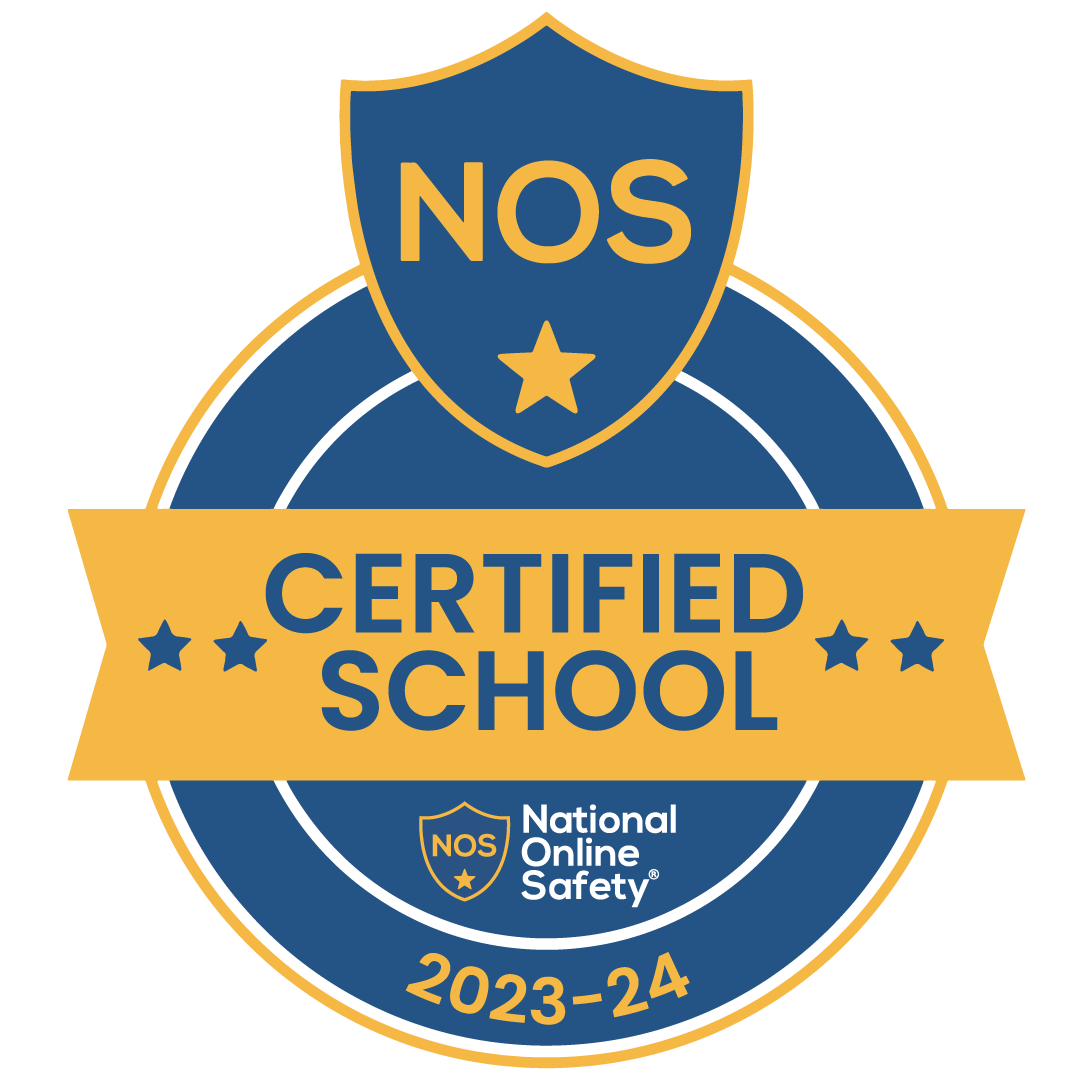Pupil Premium
The Pupil Premium (PP) is additional funding allocated to schools on top of the main funding that they receive. This funding is targeted at students from disadvantaged backgrounds (eligible for Free School Meals or In Care) to ensure that they are able to benefit from the same opportunities as students from less deprived families.
The Pupil Premium exists because data suggests that students who have been eligible for Free School Meals at any point in their school career have consistently lower attainment than those who have never been eligible. Since September 2014, the Pupil Premium is worth £1050 and goes to students who at any point in the past six years have been in receipt of Free School Meals (FSM); £2570 goes to any student who has been continuously looked after for the past six months or who has been adopted from care under the Adoption and Children Act 2002 or who has left care under a Special Guardianship or Residence Order; finally £300 goes to students whose parent/parents are currently serving in the armed forces or are in receipt of a pension from the MoD. According to the latest research by the DfE, it has been recognised that since 2014, around 27% of pupils are seen as ‘disadvantaged’ based on economic deprivation or social care needs.
These pupils attract the pupil premium to their school and accountability includes a focus on their outcomes. Pupil premium funding is designed to accelerate the progress and raise the attainment of all educationally disadvantaged pupils. It is not restricted to eligible pupils and can be used to support other pupils needing additional support because, for example, they need or have a social worker, or are acting as a carer, even if these pupils are not FSM-eligible. School leaders remain free to meet their pupils’ needs as they assess them.
The attainment gap is the most difficult test facing schools and the Pupil Premium gives additional public funding to schools in order to close this gap. However, although it provides funding, it also provides focus, setting the achievement of children from disadvantaged backgrounds as a priority. Ormiston Chadwick Academy strives to follow the Key Principles set out by the EEF (Education Endowment Foundation), a charity dedicated to breaking the link between family income and educational achievement:
- Schools can make a difference – great teaching and careful planning can make a huge impact on the outcomes of disadvantaged children.
- Evidence can help – using an evidence informed approach to how we approach the PP spending.
- Quality teaching helps every child – good teaching is the most important lever for schools to improve outcomes of disadvantaged pupils.
- Implementation matters – explore, prepare, deliver, sustain, meaning that less is more.
- Support middle and high attainers too – it is not just about supporting the low attainers, all disadvantaged students are targeted specific to their need.
OCA therefore uses the EEF tiered approach to Pupil Premium spending as this helps balance the approaches to improve teaching, targeted academic support and wider strategies.
- Teaching – We aim to ensure an effective teacher is in front of every class.
- Targeted Academic Support – All staff (teaching and support) are encouraged to look at how they can provide targeted support, whether it be in structured 1:1, small groups or classroom teaching.
- Wider Strategies – We look at the most significant non-academic barriers to success such as attendance, behaviour and social and emotional support.


